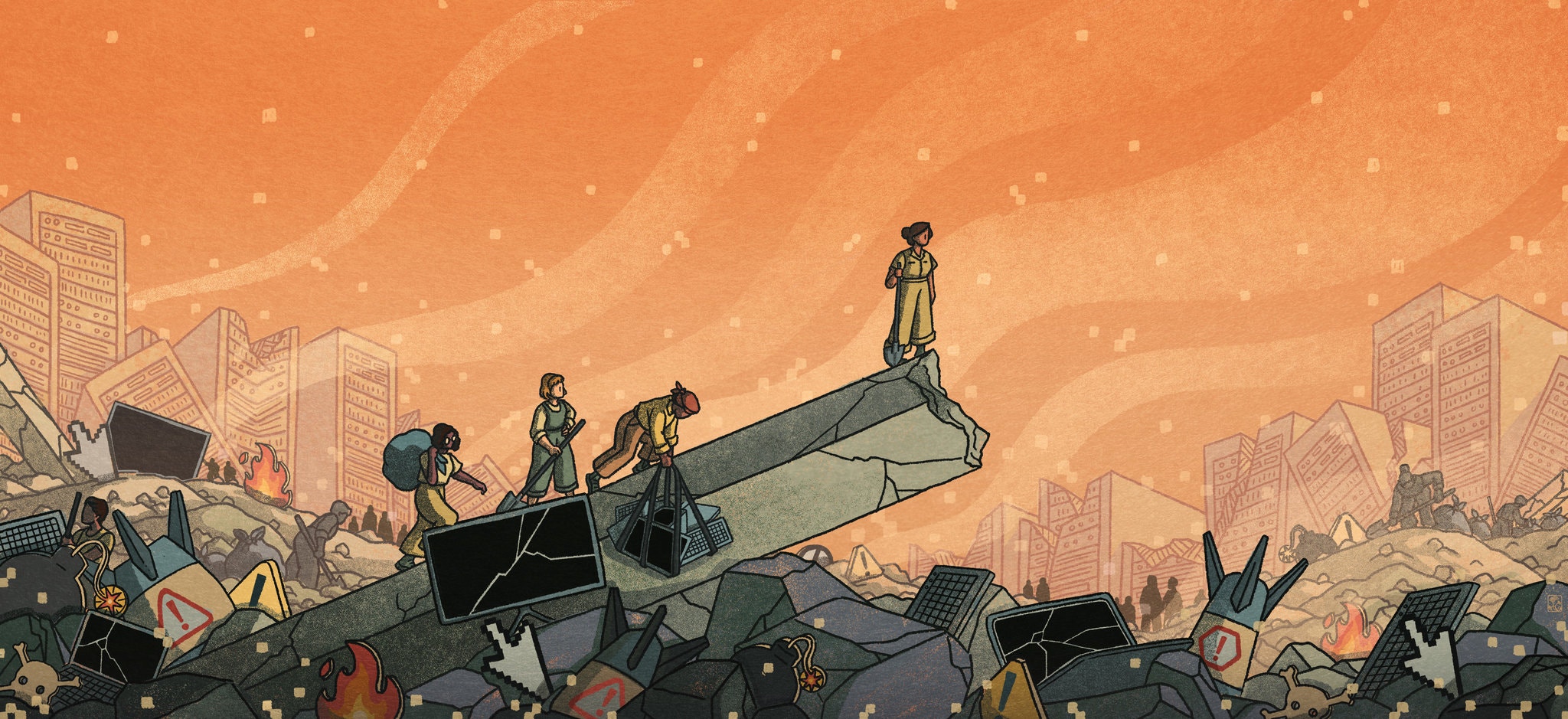The New York Times
By Adam Satariano and Nicole Perlroth | April 15, 2019
LONDON — Within days of a cyberattack, warehouses of the snack foods company Mondelez International filled with a backlog of Oreo cookies and Ritz crackers.
Mondelez, owner of dozens of well-known food brands like Cadbury chocolate and Philadelphia cream cheese, was one of the hundreds of companies struck by the so-called NotPetya cyberstrike in 2017. Laptops froze suddenly as Mondelez employees worked at their desks. Email was unavailable, as was access to files on the corporate network. Logistics software that orchestrates deliveries and tracks invoices crashed.
Even with teams working around the clock, it was weeks before Mondelez recovered. Once the lost orders were tallied and the computer equipment was replaced, its financial hit was more than $100 million, according to court documents.
After the ordeal, executives at the company took some solace in knowing that insurance would help cover the costs. Or so they thought.
Mondelez’s insurer, Zurich Insurance, said it would not be sending a reimbursement check. It cited a common, but rarely used, clause in insurance contracts: the “war exclusion,” which protects insurers from being saddled with costs related to damage from war.
Mondelez was deemed collateral damage in a cyberwar.


